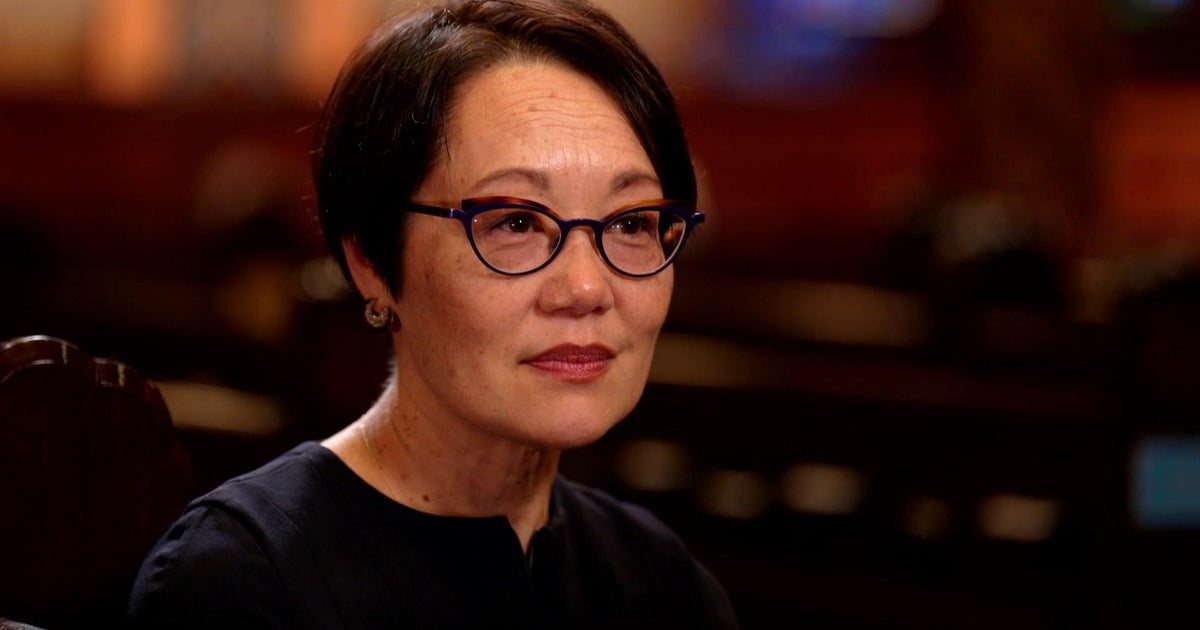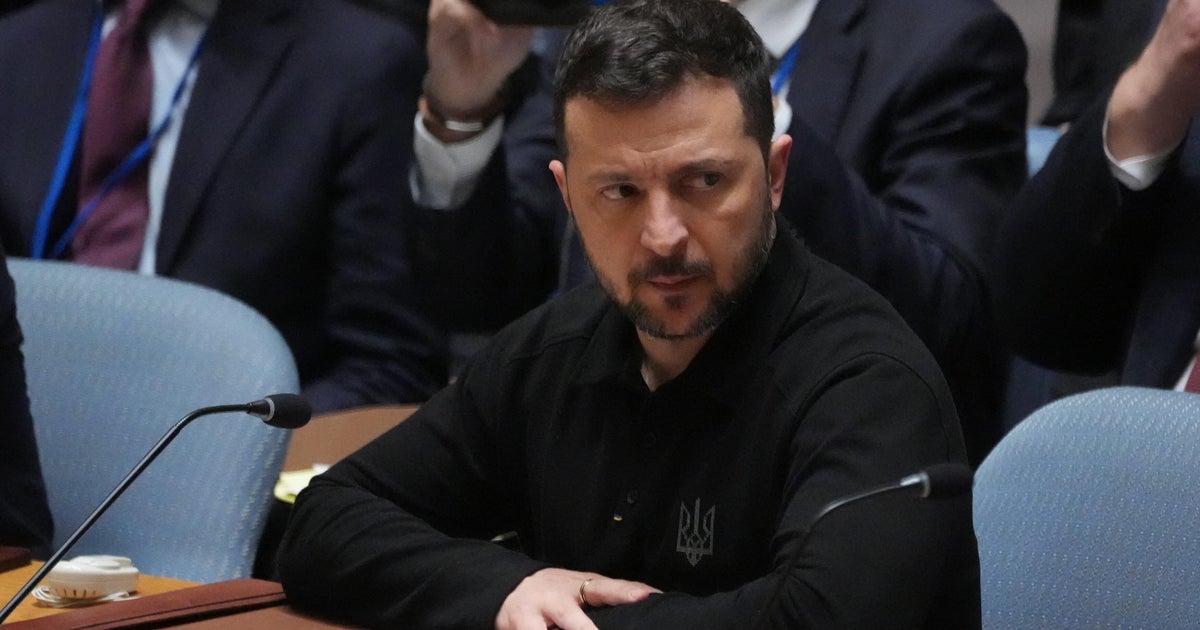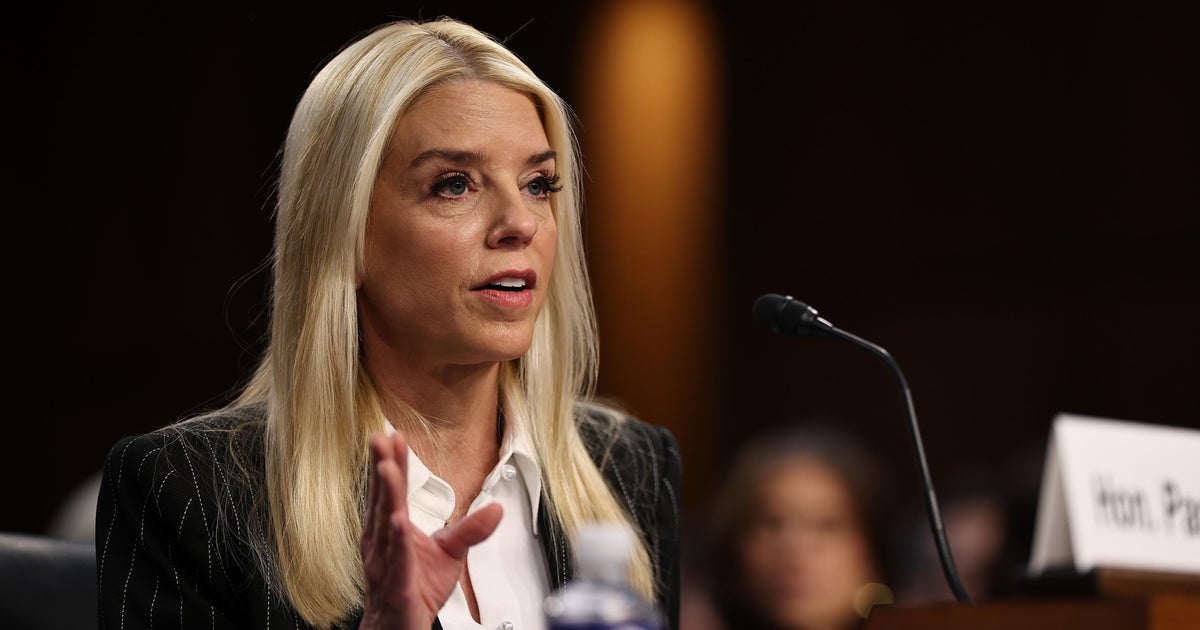For two years, New York’s Central Synagogue had an Israeli flag draped over a chair to represent hostages held in the Israel-Hamas war. Over the weekend, the flag was folded to symbolize their return.
The synagogue has become one of the most recognized in the world, due in part to its leader, senior Rabbi Angela Buchdahl—the first Asian American rabbi in North America and the first woman to lead Central Synagogue, a reform Jewish congregation in New York City, in its 185-year history. Her sermons draw thousands of online viewers.
In an interview that aired on CBS Mornings on Tuesday Buchdahl said her message of “radical compassion” comes from her own experience growing up.
“I spent so much of my life as a Korean Jew in the Jewish community feeling like I was outside in some way every community I was a part of. The empathy that I cultivated while I felt like I was on the outside … ended up being the thing that made me not presume that you already feel you belong, so I’m going to have to go out of my way to make sure that you do,” she said.
Born in South Korea to an American Jewish father and a Korean Buddhist mother, Buchdahl moved to Tacoma, Washington, at age 5. She recalled moments when her Jewish identity was questioned.
“You’re not really Jewish, you don’t have a Jewish mother, so legally, you’re not Jewish in Jewish law. These were moments I could have easily walked away from Judaism and in fact I even considered it at certain points. It took me much longer to realize that knowing what it’s like to feel like to I was the outsider is the most Jewish thing about me,” she said.
Her memoir, “Heart of a Stranger: An Unlikely Rabbi’s Story of Faith, Identity, and Belonging,” takes its name from a biblical phrase that guides her approach to leadership. She said the biblical message serves as a reminder not to marginalize or oppress others, but to lead with understanding and compassion toward those who feel like outsiders.
Buchdahl first joined Central Synagogue as a cantor and says music became her “spiritual language.” Her sermons often address topics like empathy and inclusion.
Earlier this month, on the eve of the Jewish New Year, Rosh Hashanah, she delivered a sermon as a call to empathy. She said empathy for others is not a betrayal of one’s own side, but a reminder of shared humanity—a message that resonates in times of political violence, rising antisemitism, and the ongoing Israel-Hamas war.
“I don’t pretend that I can fix what’s happening in Israel and Gaza right now. I wish I could. But I’m also talking about what happens to our souls when we stop caring,” she said.
Guiding a congregation as large as Central’s is a significant responsibility, and she says her resolve to lead goes back to lessons from her mother.
“I watched people treat her as if she were stupid because of her accent, and my mother never lost her dignity. In many ways, that kind of grit and resilience was deeply important. And it was when I really was challenged that I really had to dig inside and ask, ‘do I think I can do this?’ And I think that’s actually what made me feel, no, I think inside I know I can,” she said.




